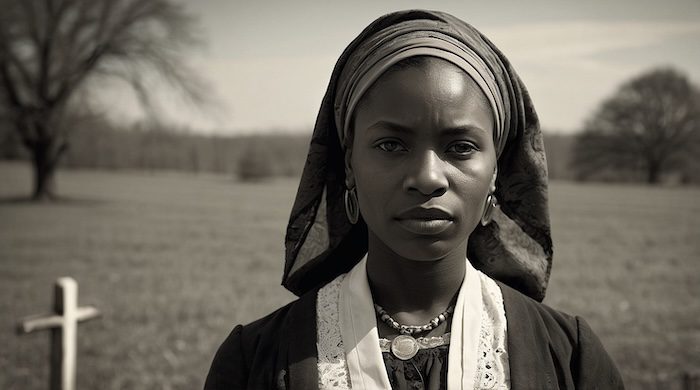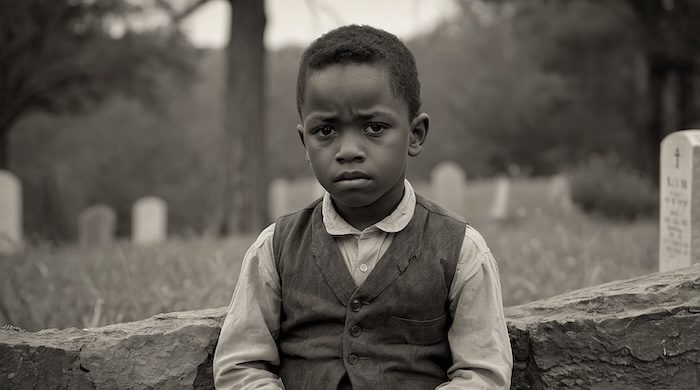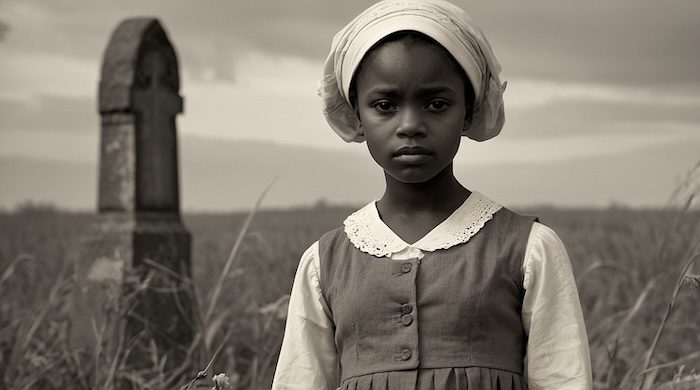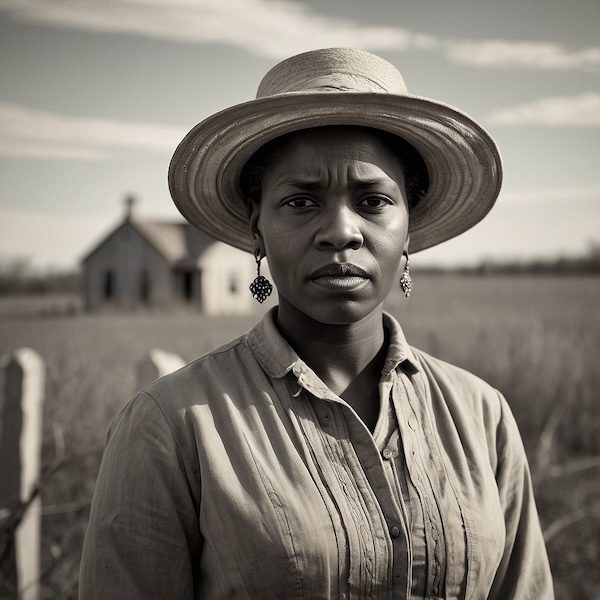
African American Cemeteries


Historic cemeteries are vital repositories of a community’s social, cultural, and historical heritage. They offer genealogists valuable information about family lineages, local history, religious practices, and the daily lives of past generations. For African Americans, both enslaved and free, cemeteries often provide some of the only surviving records of existence, identity, and family connections during the slave era.
Tombstones, burial registers, and even unmarked graves bear witness to lives that were otherwise marginalized or erased from official records. Beyond their genealogical value, cemeteries reflect cultural traditions, reveal the artistry of tombstone carving, and preserve the natural landscape. Sadly, many burial grounds, especially small family and African American cemeteries, have been abandoned over time and now suffer from neglect.
FamilySearch | FindAGrave | BillionGraves | Black Cemetery Network
FamilySearch – Finding Family with the NEW Tool
FindAGrave – The Truth about FindAGrave
BillionGraves – Finding Your Story with BillionGraves
Black Cemetery Network – Dr. Antionette Jackson

African American Cemetery Projects - Please Donate
- ➡️ Preservation Pennsylvania
- ➡️ Philadelphia Urban Landscape Preservation
- ➡️ SOAL - SavingOurAncestors Legacy
- ➡️ Sons and Daughters of Harmony Cemetery
- ➡️ Texas African American Cemetery Registry
- ➡️ How African American Cemeteries Are Lost, Found, and Protected
- ➡️ Laurel Cemetery Memorial Project
- ➡️ East End Cemetery, Richmond Virginia
Cemeteries
Military cemetery records often provide precise birth and death dates, which can confirm or clarify vital statistics. They can include full names, aliases, and relationships to other individuals (such as next of kin), helping to verify family connections.
These records often include details about the individual's military service, such as rank, unit, and conflicts in which they served. Military burial records can lead to other military documents like pension files, service records, and enlistment papers. These additional documents can contain extensive genealogical data. Information on decorations and honors received can shed light on an ancestor’s experiences and contributions.
Studying headstones and memorial symbols can unlock important genealogical and historical details about ancestors. This practice, known as gravestone iconography, helps researchers interpret carvings, motifs, and epitaphs to piece together family histories, cultural backgrounds, and personal life stories. For African Americans—especially the enslaved and free people of color—these symbols often provide rare evidence of identity, faith, and community ties during eras when written records were scarce or deliberately excluded. By learning to “read” headstones, genealogists can uncover both the intimate details of individual lives and the broader cultural traditions that shaped a community.
